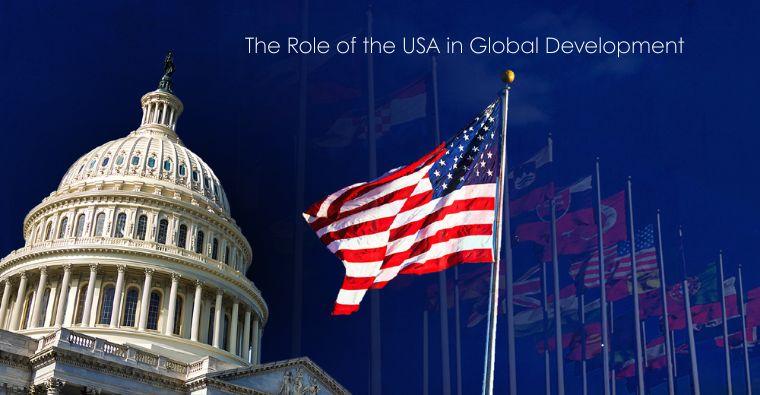Notably, the Indian Prime Minister did not meet with former President Donald Trump during his trip, a decision that many analysts view as a subtle yet telling gesture amid the backdrop of the upcoming U.S. presidential elections.
The visit, which focused on strengthening bilateral ties and addressing various global issues, saw Modi engaging with several high-ranking officials and business leaders, but the absence of a meeting with Trump, a prominent figure in American politics and a key player in international relations, was conspicuous. As Trump campaigns for a return to the White House, the lack of a handshake between the two leaders is interpreted by some as a diplomatic snub, potentially impacting Trump's efforts to solidify support from key foreign leaders.
Political analysts suggest that Modi's decision to forgo a meeting with Trump may reflect a careful calculation. With the Indian government seeking to maintain its strategic autonomy and navigate a complex geopolitical landscape, the Prime Minister may have opted to sidestep any perceived alignment with Trump's political ambitions. This move could also signal Modi's intent to foster relationships with other U.S. leaders, including President Joe Biden, while distancing India from the polarizing figures of the American political scene.
The implications of this diplomatic choice extend beyond mere optics. Analysts argue that India's foreign policy has increasingly focused on diversifying its partnerships globally, emphasizing collaborations with like-minded democracies. By not meeting with Trump, Modi may be signaling a commitment to this broader strategy, emphasizing India's independent stance on key international issues, including climate change, trade, and security.
Reactions to Modi's decision have been mixed. Supporters argue that it underscores India's growing assertiveness on the global stage, while critics warn that it could jeopardize crucial diplomatic relationships. The Indian government has yet to officially comment on the implications of this decision, but the political fallout could resonate as both nations navigate their respective political landscapes.
As the U.S. presidential elections approach, the dynamics between Modi and Trump will be closely scrutinized, with potential ramifications for U.S.-India relations. The absence of a meeting during this pivotal visit serves as a reminder of the intricate balance leaders must maintain in the ever-evolving landscape of international diplomacy.
Modi's recent U.S. visit, marked by the absence of a meeting with Trump, raises important questions about the future of U.S.-India relations and highlights the strategic considerations that shape global diplomacy in an increasingly multipolar world. As both leaders continue to navigate their political futures, the international community will be watching closely to see how these dynamics unfold.




